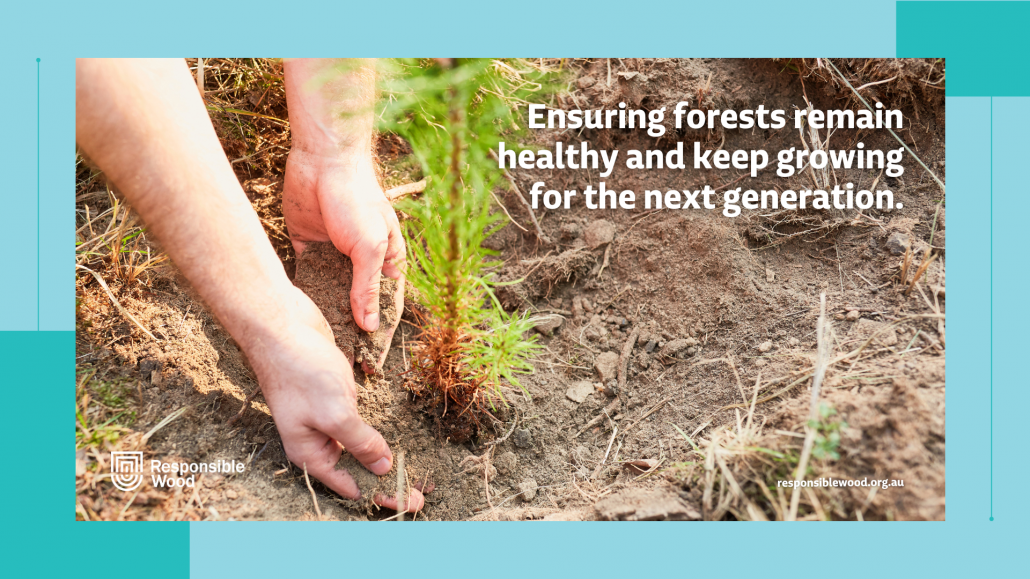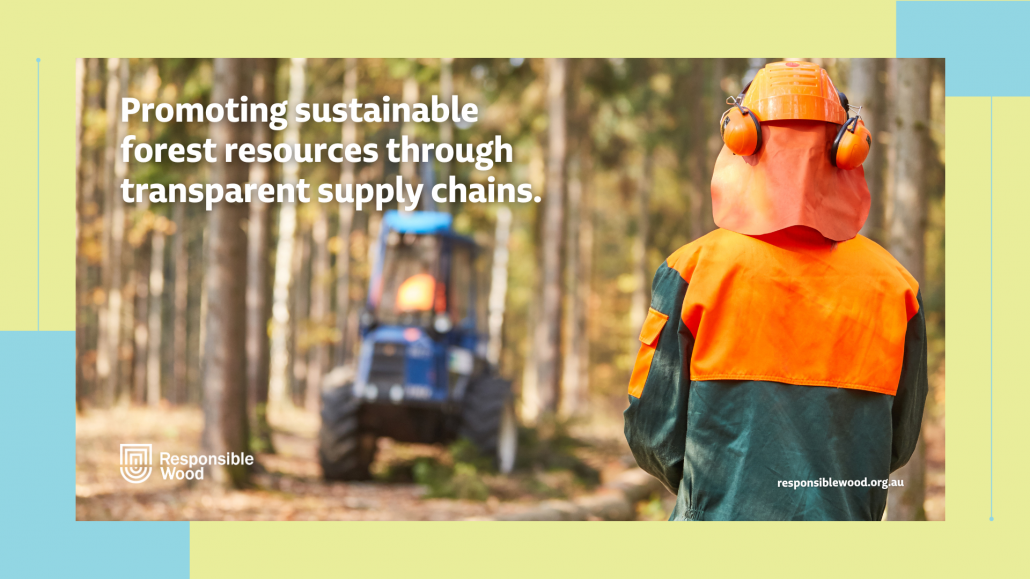The Credible Link: Certification Bodies in Sustainable Forest Management Certification
In the realm of sustainable forestry, the importance of certification cannot be overstated. It’s the backbone of trust, transparency, and credibility in an industry increasingly scrutinised for its environmental management and social practices. Certification schemes, such as PEFC (Programme for the Endorsement of Forest Certification) and Responsible Wood, play a vital role in the complex supply chains of forest products around the world.
Independence from the Audit Process
The credibility of the Responsible Wood Certification Scheme (RWCS) is strengthened by its foundational principle of independence from the audit process, along with the stringent accreditation of certification bodies. This independence ensures that audits are conducted with impartiality and integrity, free from any potential conflicts of interest that could arise if Responsible Wood were directly involved in the audit processes. By mandating that organisations seeking certification engage an external Certification Body, the RWCS upholds the highest standards of transparency and objectivity.

Accreditation of Certification Bodies
The accreditation of certification bodies is a critical component of the RWCS’s credibility. Accreditation is provided only to those bodies that meet comprehensive, internationally recognised standards for auditing and certification processes. This ensures that all these bodies are competent, and fair, and operate under the strict guidelines necessary to audit the RWCS standards. The accreditation process is managed by the Joint Accreditation System of Australia and New Zealand (JASANZ), ensuring that every certification body is capable of conducting thorough and unbiased audits. This level of oversight and the high standards required for accreditation further strengthen the reliability and integrity of our scheme, making the Responsible Wood logo a trusted mark of sustainability in forest management and the chain of custody for forest products.
Objectivity and Transparency
At the heart of the scheme, the sustainable forest management standard strives to maintain a balance between economic development, environmental management, and social licence. The standard provides a framework that not only promotes sustainable forest management but also ensures that stakeholders are consulted and that every party in the supply chain, from the forest floor to the final fabricator, adheres to the highest standards of environmental sourcing and ethical practices. This commitment to objectivity and transparency is what sets certified products apart in the marketplace.
 Building Credibility
Building Credibility
The certification process is rigorous, involving regular audits, stakeholder engagement, and continuous monitoring to ensure compliance with the certification standards. This meticulous approach ensures that certified forests are managed sustainably, enhancing and protecting biodiversity and supporting local communities while providing raw materials for the global market.
For businesses, obtaining certification is not just about meeting regulatory requirements or consumer demand for sustainable products. It’s about being part of a larger movement towards responsibility, signalling to customers, investors, and partners that they are committed to making a positive impact on the sourcing of forest products.
International Norms
The International Accreditation Forum (IAF) plays a pivotal role in the global accreditation landscape, ensuring that schemes like the RWCS align with internationally recognised norms and standards. The IAF works across many domains, including well-known quality and safety standards around the world, to harmonise accreditation practices worldwide. By adhering to IAF guidelines, the RWCS not only guarantees the rigour and reliability of the certification process but also facilitates mutual recognition between different global accreditation systems. This alignment with international norms enhances the credibility of certified products in the global marketplace, ensuring they meet or exceed the expectations for different standards set around the world.
Ensuring Integrity from Forest to Consumer
Chain of Custody certification plays a crucial role in sustainable forest management, offering a transparent and traceable link between certified forests and the final product. This certification ensures that every step of the supply chain, from harvesting to manufacturing and distribution, meets stringent sustainability criteria. It’s a guarantee that the products consumers buy are not only of high quality but also produced responsibly.
 The Future of Forestry
The Future of Forestry
As the world increasingly recognises the importance of preserving our natural resources, the role of certification bodies in sustainable forestry becomes even more critical. They are the guardians of forest integrity, enabling businesses to prove their commitment to sustainability and helping consumers make informed choices. Certification bodies are much more than just auditors; they are partners in building a verifiable and sustainable supply chain. Their work ensures that market claims can be trusted and that the forests of today remain vibrant and thriving for generations to come, fostering trust and credibility in the complex journey from seedling to product.







